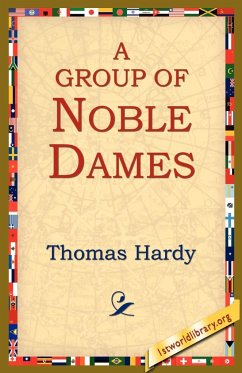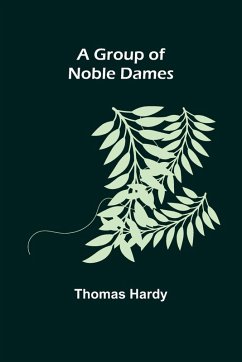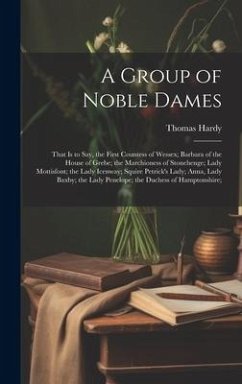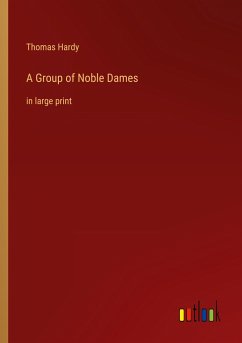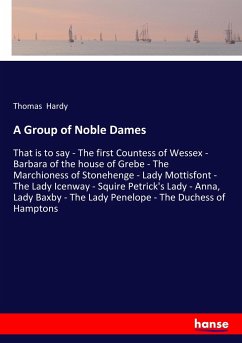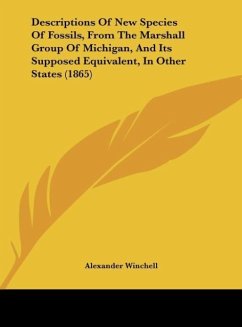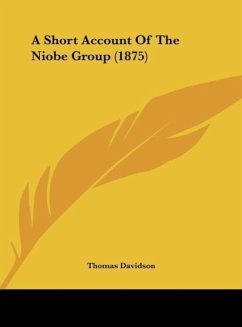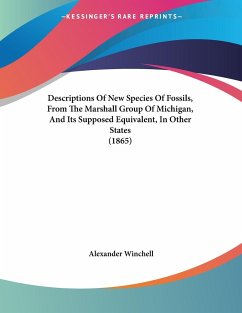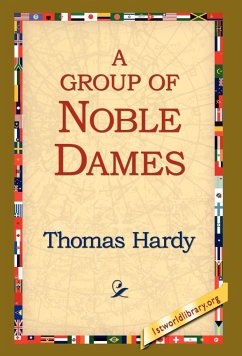
A Group of Noble Dames
Versandkostenfrei!
Versandfertig in über 4 Wochen
27,99 €
inkl. MwSt.

PAYBACK Punkte
14 °P sammeln!
The pedigrees of our county families, arranged in diagrams on the pages of county histories, mostly appear at first sight to be as barren of any touch of nature as a table of logarithms. But given a clue - the faintest tradition of what went on behind the scenes, nd this dryness as of dust may be transformed into a palpitating drama. More, the careful comparison of dates alone - that of birth with marriage, of marriage with death, of one marriage, birth, or death with a kindred marriage, birth, or death - will often effect the same transformation, and anybody practised in raising images from s...
The pedigrees of our county families, arranged in diagrams on the pages of county histories, mostly appear at first sight to be as barren of any touch of nature as a table of logarithms. But given a clue - the faintest tradition of what went on behind the scenes, nd this dryness as of dust may be transformed into a palpitating drama. More, the careful comparison of dates alone - that of birth with marriage, of marriage with death, of one marriage, birth, or death with a kindred marriage, birth, or death - will often effect the same transformation, and anybody practised in raising images from such genealogies finds himself unconsciously filling into the framework the motives, passions, and personal qualities which would appear to be the single explanation possible of some extraordinary conjunction in times, events, and personages that occasionally marks these reticent family records. Out of such pedigrees and supplementary material most of the following stories have arisen and taken shape. I would make this preface an opportunity of expressing my sense of the courtesy and kindness of several bright-eyed Noble Dames yet in the flesh, who, since the first publication of these tales in periodicals, six or seven years ago, have given me interesting comments and conjectures on such of



